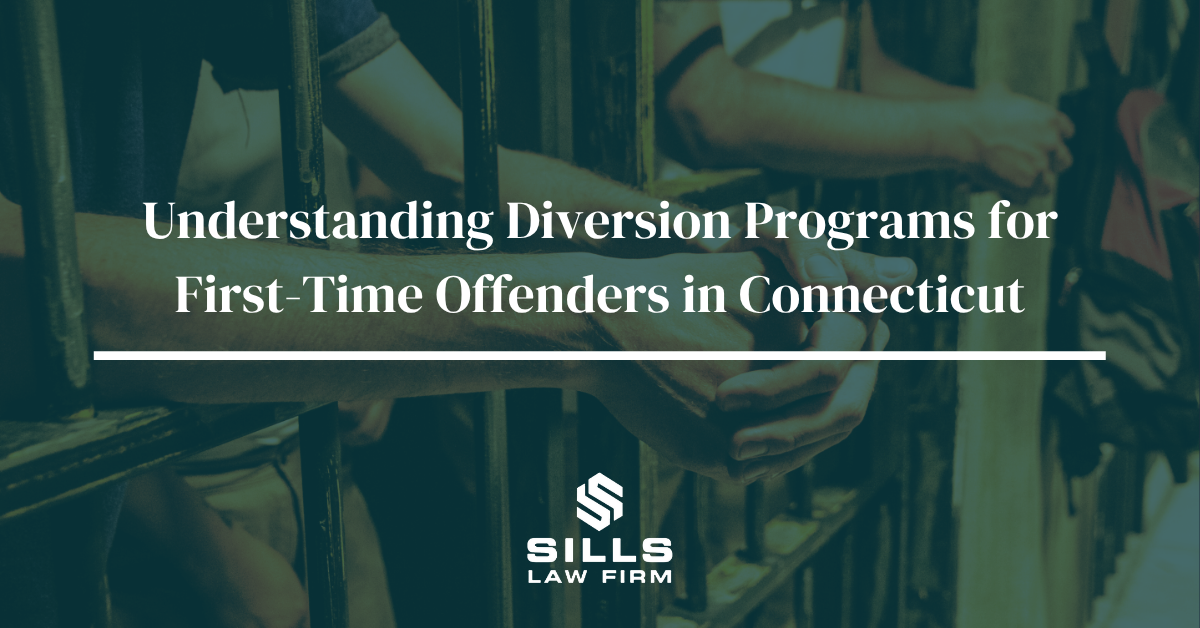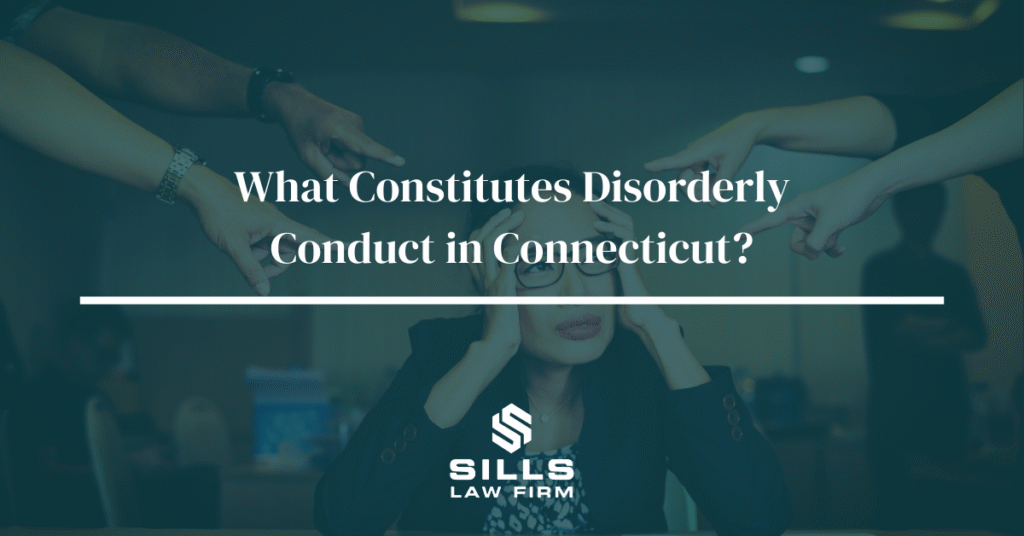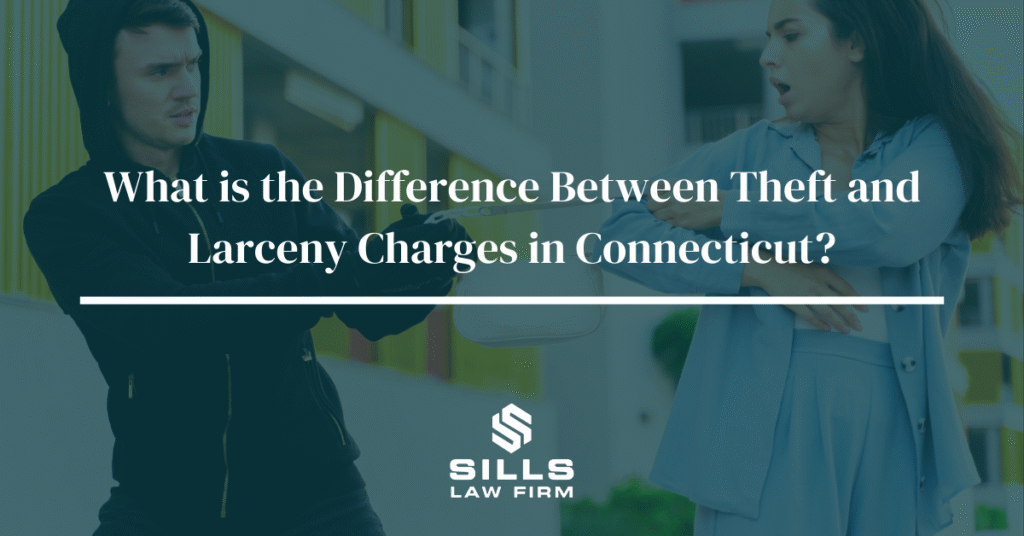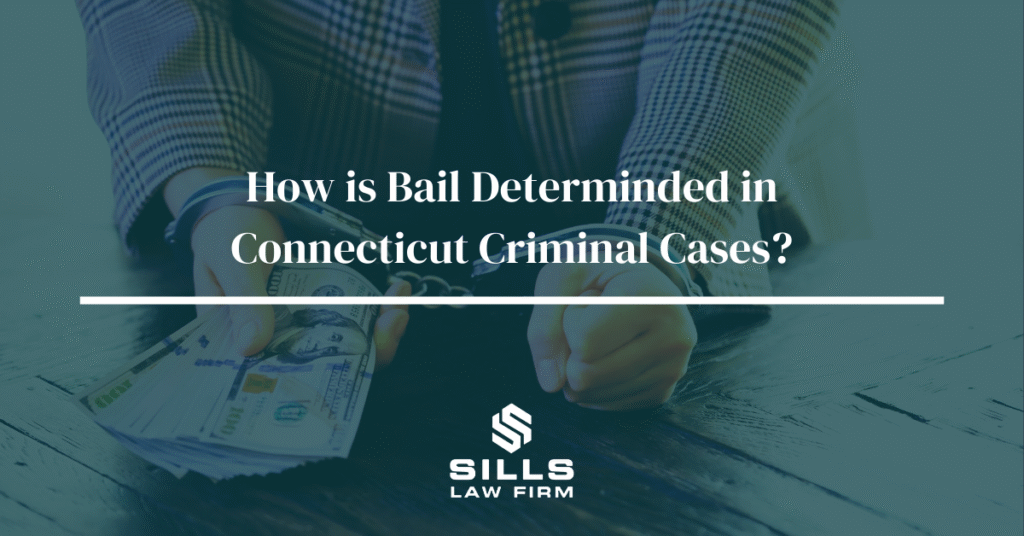If you are charged with a crime in Connecticut, you might be worried about what will happen to you. Will you have to spend time in jail? What other consequences could you face if you are convicted?
If you are a first-time offender, then you may have the option to participate in one of several pre-trial diversionary programs. The purpose of these programs is to help people who may be struggling with some aspect of their lives, leading them to commit criminal offenses. If you are accepted into and successfully complete a program, then the charges against you may be dismissed. Our Connecticut criminal defense attorneys can help you explore options and understand your rights and obligations when it comes to a pre-trial diversion program.
At the Sills Law Firm, we are fierce advocates for our clients, working hard to help them achieve the best possible outcome for the charges against them. In some cases, that may mean entering a pre-trial diversionary program. Reach out to our law offices today to schedule a free consultation with a Connecticut criminal defense lawyer.
Pre-Trial Diversion Programs for First-Time Offenders in Connecticut
There is a range of different pretrial diversionary programs available for first-time offenders in Connecticut. To qualify, you must meet the eligibility requirements of the program. Each separate program has its own requirements for acceptance, which your Connecticut criminal defense lawyer can explain to you.
Generally, if you successfully complete a diversionary program, then the charges against you will be dismissed. This gives you the opportunity to not only get help but also get a fresh start. It is incredibly important to understand what is required of you before you enter any of these programs, as you will likely be prosecuted for the original crime if you do not complete it.
Accelerated Rehabilitation
Accelerated Rehabilitation (AR) may be an option for people charged with minor crimes and/or traffic violations. This includes people charged with first-time misdemeanor offenses and Class D felonies who are not likely to re-offend. In some cases, a person charged with a Class C felony may be able to participate if they can show good cause.
There are multiple criminal offenses that make a person ineligible for AR, including operating under the influence, 2nd degree manslaughter, 2nd degree assault with a motor vehicle, 2nd or 3rd degree sexual assault (with or without a firearm), 2nd or 3rd degree posssesion of child pornography, enticing a minor, family violence crimes, and an offense that results in the death of another person. In addition, a person charged with an A or B felony or who has a prior conviction will be ineligible for AR.
If you are eligible for Accelerated Rehabilitation, then prosecution will be stayed (paused) for up to 2 years. This gives you the opportunity to successfully complete the program under the supervision of the Court Support Services Division (CSSD). If you do complete the program, then the charges against you will be dismissed.
Pretrial Supervised Diversionary Program
The Supervised Diversionary Program is specifically for people with psychiatric disabilities and/or veterans with mental health conditions. If a person is charged with a non-serious criminal offense and has a mental health condition that has substantial adverse effects on their ability to function, they may qualify for the program. The person must be amenable to treatment, and if they are a veteran, cannot have been dishonorably discharged from the military.
If you meet these criteria and want to take part in the Supervised Diversionary Program, then you will be required to submit an application to the court. If you are accepted into the program, then CSSD will develop a treatment plan, and you will be supervised by trained probation officers. Upon completion of the program, the charges against you will be dismissed.
Pretrial Drug Education and Community Service
For individuals charged with minor drug offenses (such as simple possession), the pretrial Drug Education and Community Service Program offers an opportunity to resolve the charge without jail time. If you qualify, then you will be required to undergo an evaluation by the Department of Mental Health and Addiction Services (DMHAS).
You will then be required to attend a drug education or substance abuse treatment program consisting of 15 sessions over the course of a year. Depending on how your treatment goes, you may be required to undergo additional treatment. In addition, you will have to complete a minimum of 5 days of community service. At the end of the program, the charge may be dismissed.
Pretrial Alcohol Education Program
If you have been charged with certain alcohol-related offenses, such as operating under the influence, you might be able to participate in the pretrial Alcohol Education Program (AEP). If you have one or more prior convictions, you will likely be ineligible for the AEP.
If your application is approved by the court, then you will need to undergo a DMHAS evaluation to determine what program you should take: a 10-week education program, a 15-week education program, or a substance abuse treatment program. You must also agree to submit to additional treatment if CSSD and/or DMHAS find that it is necessary. Upon successful completion of the program, the charges against you will be dropped.
Pretrial Family Violence Education Program
A person charged with a family violence offense may be eligible to participate in the Family Violence Education Program (FVEP). To qualify, an individual must not be charged with a felony family violence offense with a potential sentence of greater than 5 to 10 years. In addition, anyone who caused serious physical injury to a family member or who has a prior conviction will likely be ineligible.
If you are accepted into the program, then you will be supervised by the CSSD for up to 2 years. If you successfully complete the program and comply with the court’s conditions, then the charge against you will be dismissed.
Smart Legal Representation for First-Time Offenders in Connecticut
If you are charged with a crime in Connecticut, it may be possible to mount a defense in court or to work out a favorable plea deal. However, if you are eligible for a pre-trial diversionary program, then that may be your best option to resolve the charges without a criminal record. Understanding your eligibility and what you will need to do to comply with the program’s conditions is the key to your success.
With offices in Hartford and Waterbury, the Sills Law Firm represents clients throughout Connecticut who have been charged with a range of crimes. We offer thoughtful, strategic legal advice to help you make a decision that is best for your case, which may include applying for a pre-trial diversionary program. To learn more or to schedule a free consultation with a Connecticut criminal defense attorney, give our law office a call at 866-971-3918 or fill out our online contact form.
Related:
